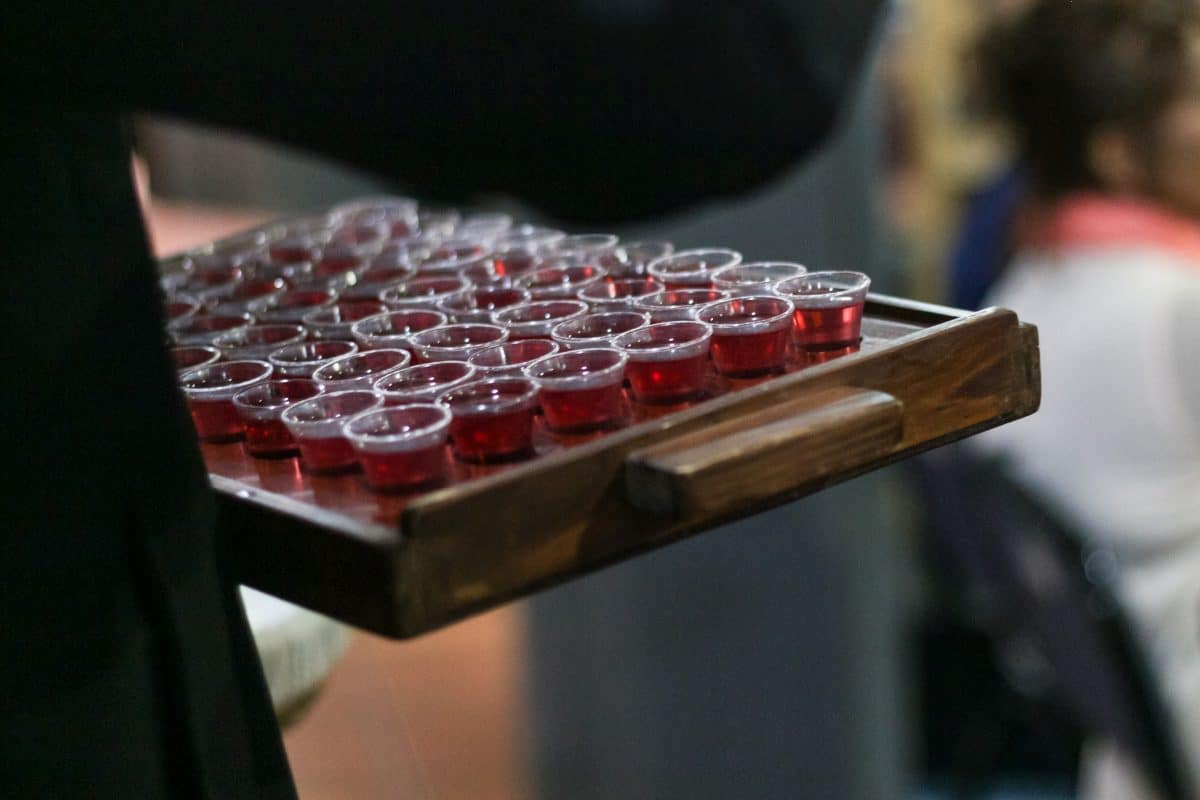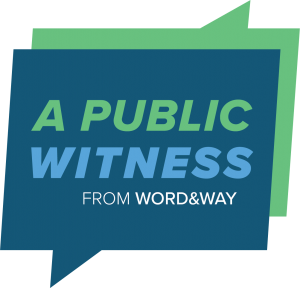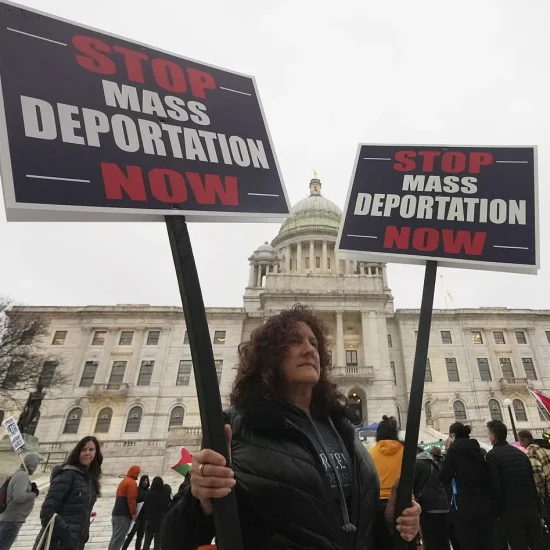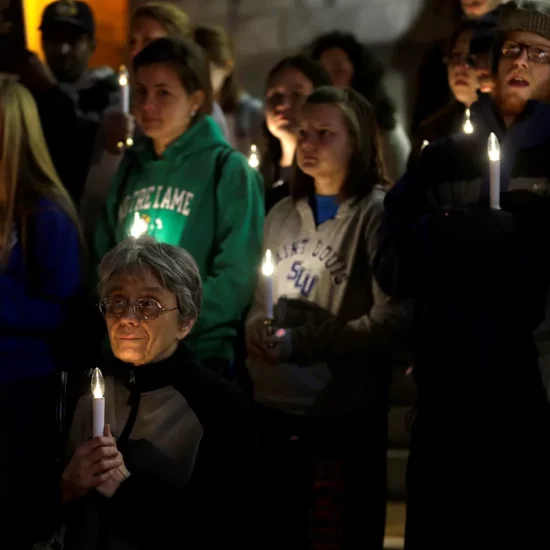
One of us grew up in a church where communion was a part of weekly worship. While only baptized adults were allowed to participate during the service, a group of kids would rush downstairs to the kitchen once the final hymn was sung. That was where the leftover communion was placed by the deacons and we would sneakily drink shots of grape juice until our thirst was quenched.
Until we got caught.
It only took a couple weeks of the communion trays being unusually empty for some of the adults (and our parents) to realize what was happening. “It’s just grape juice!” we protested to no avail. This was literally true. What we were drinking was something you could buy at any grocery store, but we still found ourselves scolded for our irreverence.
That’s because the grape juice we imbibed represented something far more significant. We were not just standing in a kitchen enjoying the flavor of Welch’s; that sweet liquid was meant to symbolize Jesus’s horrific death on the cross. It was a reminder of who our lives fundamentally belonged to and a sign of God’s love for us.
For Christians, communion is considered a sacrament. Having acknowledged our own mistakes and transgressions, we come to the Lord’s Table to experience the grace that covers our sins. As John Bosco, a 19th century Catholic priest who was later canonized, explained, “We do not go to Holy Communion because we are good; we go to become good.” This was the meaning the younger version of ourselves failed to grasp. It appears many Catholic bishops are struggling to learn the same lesson today.
 In this edition of A Public Witness, we’ll walk you through the theological missteps being made by Catholic leaders attempting to deny communion to President Joe Biden and other politicians over the issue of abortion. And we’ll look at why the politics of communion matter so much to non-Catholics like us.
In this edition of A Public Witness, we’ll walk you through the theological missteps being made by Catholic leaders attempting to deny communion to President Joe Biden and other politicians over the issue of abortion. And we’ll look at why the politics of communion matter so much to non-Catholics like us.
NOTE: The rest of this piece is only available to paid subscribers of the Word&Way e-newsletter A Public Witness. Subscribe today to read this essay and all previous issues, and receive future ones in your inbox each Thursday morning.






